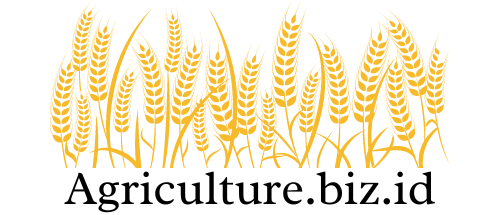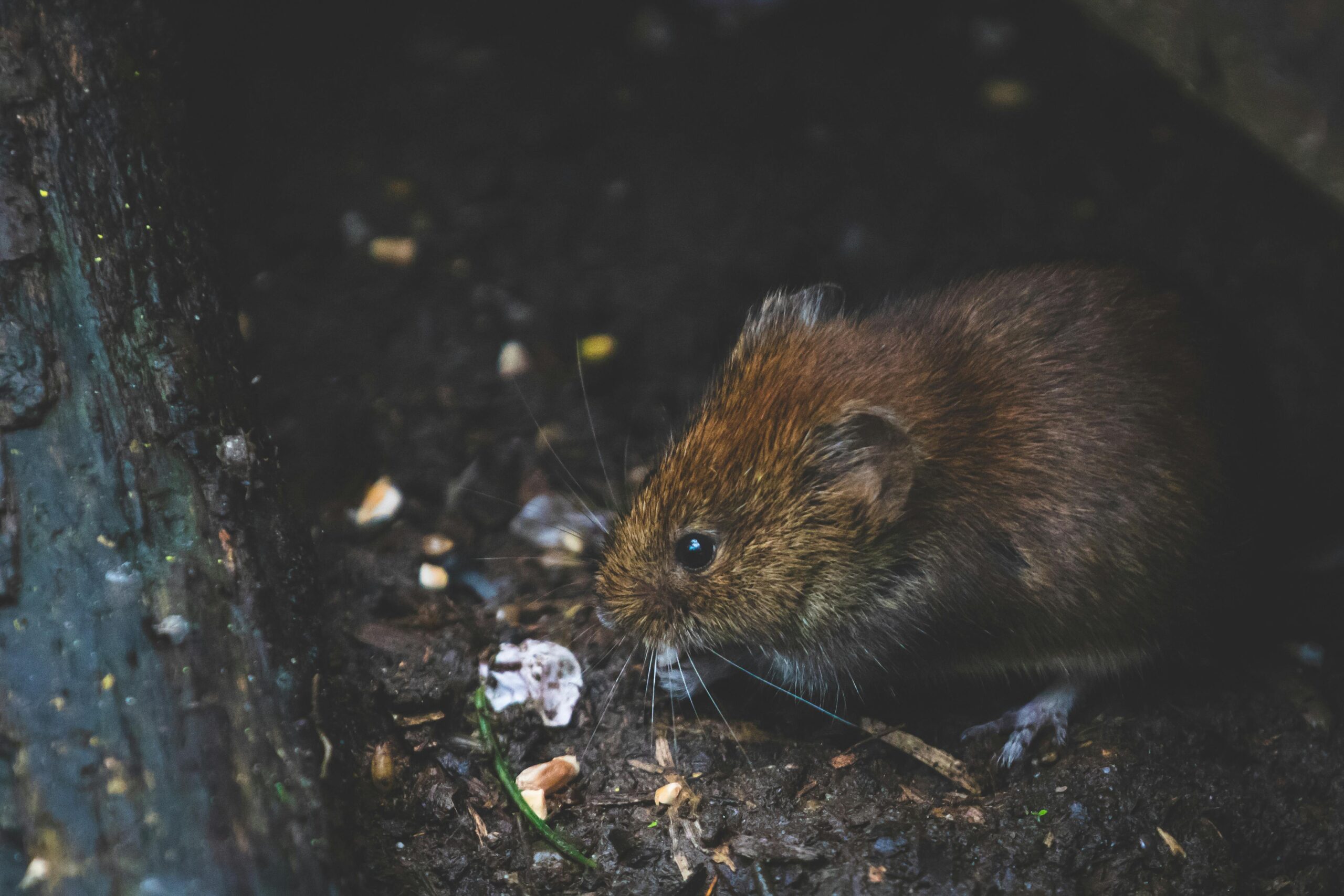Welcome to our informative blog post on pest management! Whether you’re dealing with pesky insects, rodents, or other unwanted critters, it’s essential to have effective strategies in place to safeguard your home. In this article, we will explore various pest management techniques and provide you with valuable tips to keep your living space pest-free. From preventative measures to eco-friendly solutions, we’ve got you covered. Let’s dive in and discover the best practices to protect your home from unwanted intruders.
The Importance of Pest Management
When it comes to maintaining a comfortable and healthy living environment, pest management plays a vital role. Pest infestations can pose significant risks to both your property and your well-being. From structural damage to the spread of diseases, pests can cause a range of problems that can be costly and time-consuming to rectify. Implementing effective pest management strategies is crucial for several reasons:
1. Protecting Your Property
Pests, such as termites and rodents, can wreak havoc on the structure of your home. They can chew through electrical wires, damage wooden structures, and compromise the integrity of your property. Regular pest management helps safeguard your investment and prevents expensive repairs down the line.
2. Ensuring Health and Hygiene
Pests are notorious carriers of diseases, bacteria, and allergens. Cockroaches, for instance, can contaminate food and surfaces, leading to food poisoning and allergic reactions. Mosquitoes are known vectors for diseases like dengue fever and malaria. Effective pest management minimizes health risks and promotes a clean and hygienic living environment.
3. Preventing Crop Damage
Pests don’t limit themselves to homes; they can also cause significant damage to agricultural crops. Insects, birds, and rodents can devour crops, leading to substantial economic losses for farmers. By implementing pest management strategies, farmers can protect their crops and ensure a healthy harvest.
4. Preserving the Ecosystem
While pests can be a nuisance, they also play a role in the ecosystem. Indiscriminate use of pesticides can harm beneficial insects, birds, and other organisms that contribute to a balanced ecosystem. Effective pest management focuses on minimizing the impact on non-target species, ensuring the preservation of biodiversity.
Now that we understand the importance of pest management, let’s explore some practical and eco-friendly strategies to keep pests at bay.
Preventative Measures for Pest Management
Prevention is often the key to effective pest management. By implementing these preventative measures, you can significantly reduce the chances of a pest infestation:
1. Seal Entry Points
Pests can enter your home through tiny cracks and gaps in doors, windows, and foundations. Inspect your property for any potential entry points and seal them using caulk or weatherstripping. This will help keep pests out and minimize their access to your home.
2. Maintain Cleanliness
Keeping your living space clean and tidy is crucial in deterring pests. Regularly vacuum, sweep, and mop floors to eliminate food crumbs and potential hiding spots for pests. Store food in airtight containers, and promptly clean up any spills or messes to prevent attracting pests.
3. Remove Clutter
Pests love cluttered spaces as they provide ample hiding spots. Declutter your home, especially storage areas like basements, attics, and garages. By removing unnecessary items and organizing your belongings, you make it harder for pests to find shelter and reproduce.
4. Proper Waste Management
Dispose of your waste properly to avoid attracting pests. Use tightly sealed trash bins, and regularly empty them. If you have a garden, compost responsibly and away from your home to prevent pests from being drawn to the area.
5. Maintain Outdoor Spaces
Trim bushes and trees near your home to eliminate potential pathways for pests. Keep your lawn well-maintained and free from debris. Check for any standing water that can become breeding grounds for mosquitoes and other insects.
By incorporating these preventative measures into your routine, you can significantly reduce the risk of a pest infestation. However, if you already have pests in your home, it’s crucial to address the issue promptly and effectively. In the next section, we’ll explore various pest management techniques to tackle existing infestations.
Effective Pest Management Techniques
When dealing with a pest infestation, it’s essential to choose the right techniques to address the specific pest problem. Here are some effective pest management techniques:
1. Integrated Pest Management (IPM)
IPM is a holistic approach that combines various pest control methods to minimize the use of chemicals. It focuses on prevention, monitoring, and utilizing non-chemical solutions whenever possible. This method involves identifying the pest, assessing the level of infestation, and implementing targeted treatments.
2. Biological Control
Biological control involves using natural enemies of pests to control their populations. This can include introducing predator insects, like ladybugs, to control aphids or using nematodes to target specific soil-dwelling pests. Biological control methods are environmentally friendly and can be highly effective when implemented correctly.
3. Chemical Control
Chemical control methods involve the use of pesticides to eliminate pests. It’s crucial to use pesticides responsibly and according to label instructions to minimize harm to humans, pets, and the environment. Consider using low-toxicity or organic pesticides whenever possible and only as a last resort.
4. Traps and Baits
Traps and baits are effective for capturing and eliminating pests like rodents and insects. For example, mousetraps can be used to catch mice, and pheromone traps can be used to attract and trap specific insect species. Baits can also be used to lure pests and eliminate them.
5. Professional Pest Control Services
In severe infestations or cases where DIY methods are insufficient, it may be necessary to seek professional pest control services. Pest control professionals have the expertise and tools to effectively identify and eliminate pests, ensuring long-term solutions to your pest problems.
Remember, each pest situation is unique, and the most effective approach may vary. It’s crucial to assess the severity of the infestation and consider the potential impact on the environment before choosing a pest management technique. By employing the right methods and taking necessary precautions, you can successfully manage and eliminate pests from your living space.
Eco-Friendly Pest Management Solutions
If you’re concerned about the environmental impact of traditional pest control methods or prefer eco-friendly alternatives, there are several options available:
1. Natural Repellents
Use natural repellents to deter pests from entering your home. For example, peppermint oil can repel ants, spiders, and mice, while citrus peels can deter cockroaches. These natural solutions are safe, non-toxic, and environmentally friendly.
2. Diatomaceous Earth
Diatomaceous earth is a natural powder made from fossilized remains of algae. It works by dehydrating and damaging the exoskeletons of insects, effectively eliminating them. Sprinkle diatomaceous earth in areas where pests are present, such as cracks, crevices, and entry points.
3. Beneficial Insects
Introduce beneficial insects to your garden to control pest populations. Ladybugs, lacewings, and praying mantises are natural predators that feed on garden pests like aphids and caterpillars. By attracting and providing habitat for these beneficial insects, you can achieve natural pest control.
4. Physical Barriers
Install physical barriers to prevent pests from entering your property. This can include mesh screens on windows and doors to keep out insects, or fences and netting to deter larger pests like rabbits or birds.
5. Organic Pest Control Products
Look for organic and eco-friendly pest control products that are certified as safe for the environment. These products use natural ingredients and methods to target and eliminate pests without harming beneficial organisms or polluting the ecosystem.
6. Integrated Pest Management (IPM)
As mentioned earlier, IPM is an effective approach that emphasizes prevention and minimal use of chemicals. By combining various eco-friendly techniques, such as biological control, natural repellents, and physical barriers, you can effectively manage pests while minimizing environmental impact.
By adopting these eco-friendly pest management solutions, you can maintain a pest-free environment while prioritizing the health of your home and the planet.
Conclusion: Achieving Effective Pest Management
Pest management is a crucial aspect of maintaining a healthy and comfortable living environment. By implementing preventative measures, utilizing effective pest management techniques, and considering eco-friendly solutions, you can successfully control and eliminate pests in your home.
Remember to regularly inspect your property for potential entry points and seal them off to prevent pests from gaining access. Maintaining cleanliness, removing clutter, and properly managing waste can also deter pests from infesting your living space.
When dealing with an existing infestation, consider the most suitable pest management technique based on the type and severity of the problem. Integrated Pest Management (IPM) provides a comprehensive approach that combines various methods and minimizes the use of chemicals.
If you prefer eco-friendly alternatives, natural repellents, diatomaceous earth, and beneficial insects can help control pests without harming the environment. Additionally, using physical barriers and opting for organic pest control products can also contribute to a sustainable pest management approach.
While DIY methods can be effective for minor infestations, severe or persistent pest problems may require professional intervention. Pest control professionals have the expertise and knowledge to address complex infestations and provide long-term solutions.
By prioritizing pest management and taking proactive measures, you can safeguard your home, protect your health, and contribute to a cleaner and healthier environment.
Thank you for reading our comprehensive guide on pest management. We hope you found it informative and valuable in your quest for a pest-free home!
In conclusion, effective pest management is essential for maintaining a safe, healthy, and comfortable living environment. By implementing preventative measures, utilizing the right pest management techniques, and considering eco-friendly solutions, you can successfully control and eliminate pests in your home.
Remember to seal entry points, maintain cleanliness, remove clutter, and properly manage waste to prevent pests from infesting your living space. When dealing with an existing infestation, choose the most suitable pest management technique based on the severity of the problem. Integrated Pest Management (IPM) provides a comprehensive approach that combines various methods while minimizing the use of chemicals.
If you prefer eco-friendly alternatives, natural repellents, diatomaceous earth, beneficial insects, and organic pest control products can be effective solutions. However, for severe or persistent infestations, it may be necessary to seek professional pest control services.
By prioritizing pest management and taking proactive measures, you can protect your property, ensure your well-being, and contribute to a cleaner and healthier environment. Thank you for reading our comprehensive guide on pest management. We hope you found it informative and valuable in your quest for a pest-free home!

